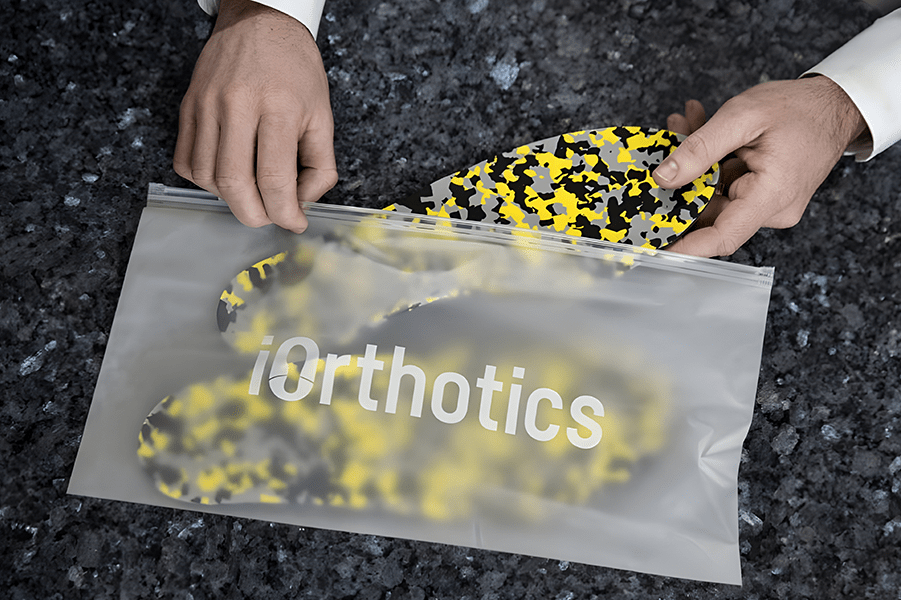We use cookies to give you a better experience on our website. Learn more about how we use cookies and how you can select your preferences.
Advanced Manufacturing - Smart orthotics for remote Australia

Creating smart orthotics
With the support of a $2 million Cooperative Research Centres Project (CRC-P) grant, iOrthotics has stepped into the future. Working with My FootDr, North West Hospital and Health Service, Queensland University of Technology, and The University of Queensland, iOrthotics have created a smart orthotic.
Smart sensors in the orthotic can measure in-shoe pressure and movement which are important factors in preventing foot ulcers. Embedded sensors are also used to monitor patient movement and manage DFD more effectively. These sensors provide information, such as when a person has been standing or walking for too long. It will encourage behaviour changes and help prevent further issues.
Benefits to remote communities
Remote and regional communities have higher rates of diabetic foot-related complications. The demand for foot-related medical care is 2.5 times higher in these regions than in major cities. Remote communities also have limited access to clinics.
To address this, iOrthotics used a co-design approach, involving community members, healthcare workers and patients. Together, they developed a more effective way to supply patients in remote Australia with custom smart orthotics. Using real-time data, smart devices can reduce diabetic foot complications and demand on regional healthcare services. This device can help clinics to maintain visibility of their patients’ health between routine check-ups and manage issues before they become an emergency.
Smart orthotics aim to increase patient compliance, reduce healthcare costs and improve the quality of life for patients.
iOrthotics is proud to have fostered a culturally responsive healthcare solution to deliver a faster, cost-effective supply chain for supplying custom orthotics to remote communities.
Moving to clinical trials and market entry
CRC-P grant funding supported iOrthotics on the pathway to progress the smart orthotics technology to clinical trials and market entry. This will result in faster, cost-effective support for DFD patients in remote communities.
Project participants acknowledge the contribution of the Maiam nayri Wingara Aboriginal and Torres Strait Islander Data Sovereignty Collective throughout this CRC-P.
Support through the CRC-P has strengthened Australia’s 3D printing and wearable health tech industries. It has expanded participating partner’s capabilities, opened market opportunities and has positioned iOrthotics as a global leader in smart orthotics.
Further information
-
Find out more about the Cooperative Research Centre Projects grants.
Cooperative Research Centres Projects (CRCP) Grants